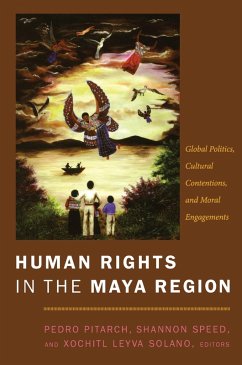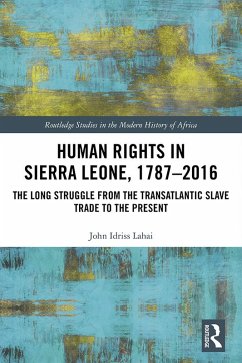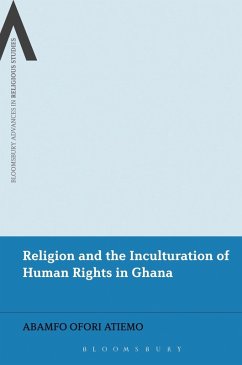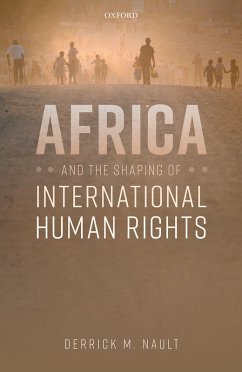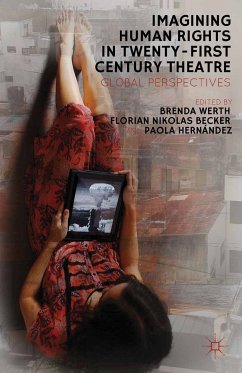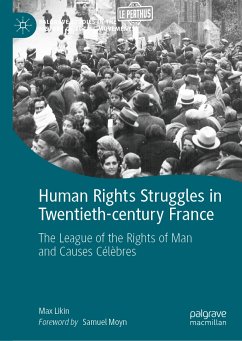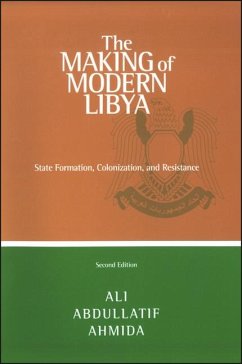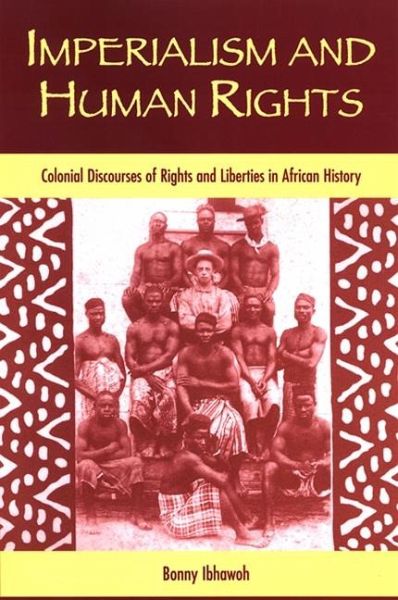
Imperialism and Human Rights (eBook, PDF)
Colonial Discourses of Rights and Liberties in African History
Versandkostenfrei!
Sofort per Download lieferbar
25,95 €
inkl. MwSt.
Weitere Ausgaben:

PAYBACK Punkte
13 °P sammeln!
Looks at the language of rights used by diverse interest groups in British-colonized Nigeria.2007 CHOICE Outstanding Academic Title In this seminal study, Bonny Ibhawoh investigates the links between European imperialism and human rights discourses in African history. Using British-colonized Nigeria as a case study, he examines how diverse interest groups within colonial society deployed the language of rights and liberties to serve varied socioeconomic and political ends. Ibhawoh challenges the linear progressivism that dominates human rights scholarship by arguing that, in the colonial Afric...
Looks at the language of rights used by diverse interest groups in British-colonized Nigeria.
2007 CHOICE Outstanding Academic Title
In this seminal study, Bonny Ibhawoh investigates the links between European imperialism and human rights discourses in African history. Using British-colonized Nigeria as a case study, he examines how diverse interest groups within colonial society deployed the language of rights and liberties to serve varied socioeconomic and political ends. Ibhawoh challenges the linear progressivism that dominates human rights scholarship by arguing that, in the colonial African context, rights discourses were not simple monolithic or progressive narratives. They served both to insulate and legitimize power just as much as they facilitated transformative processes. Drawing extensively on archival material, this book shows how the language of rights, like that of "civilization" and "modernity," became an important part of the discourses deployed to rationalize and legitimize empire.
2007 CHOICE Outstanding Academic Title
In this seminal study, Bonny Ibhawoh investigates the links between European imperialism and human rights discourses in African history. Using British-colonized Nigeria as a case study, he examines how diverse interest groups within colonial society deployed the language of rights and liberties to serve varied socioeconomic and political ends. Ibhawoh challenges the linear progressivism that dominates human rights scholarship by arguing that, in the colonial African context, rights discourses were not simple monolithic or progressive narratives. They served both to insulate and legitimize power just as much as they facilitated transformative processes. Drawing extensively on archival material, this book shows how the language of rights, like that of "civilization" and "modernity," became an important part of the discourses deployed to rationalize and legitimize empire.
Dieser Download kann aus rechtlichen Gründen nur mit Rechnungsadresse in A, D ausgeliefert werden.




